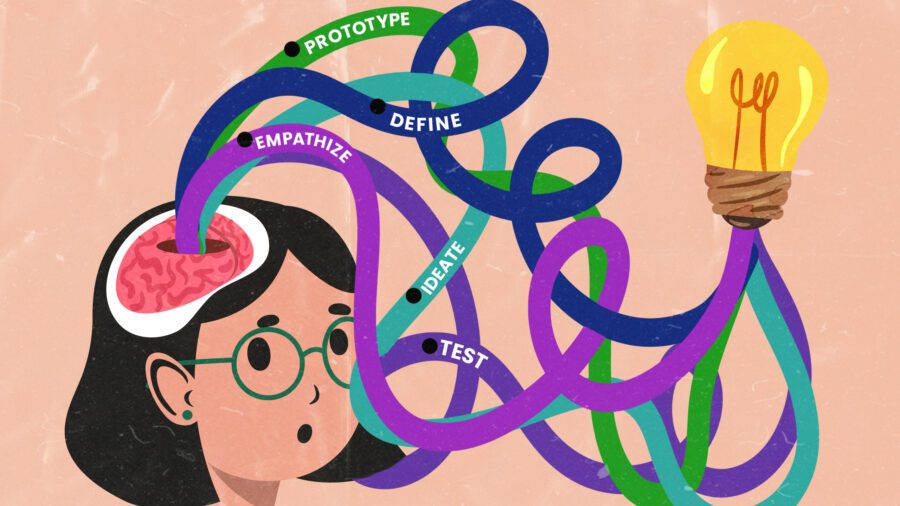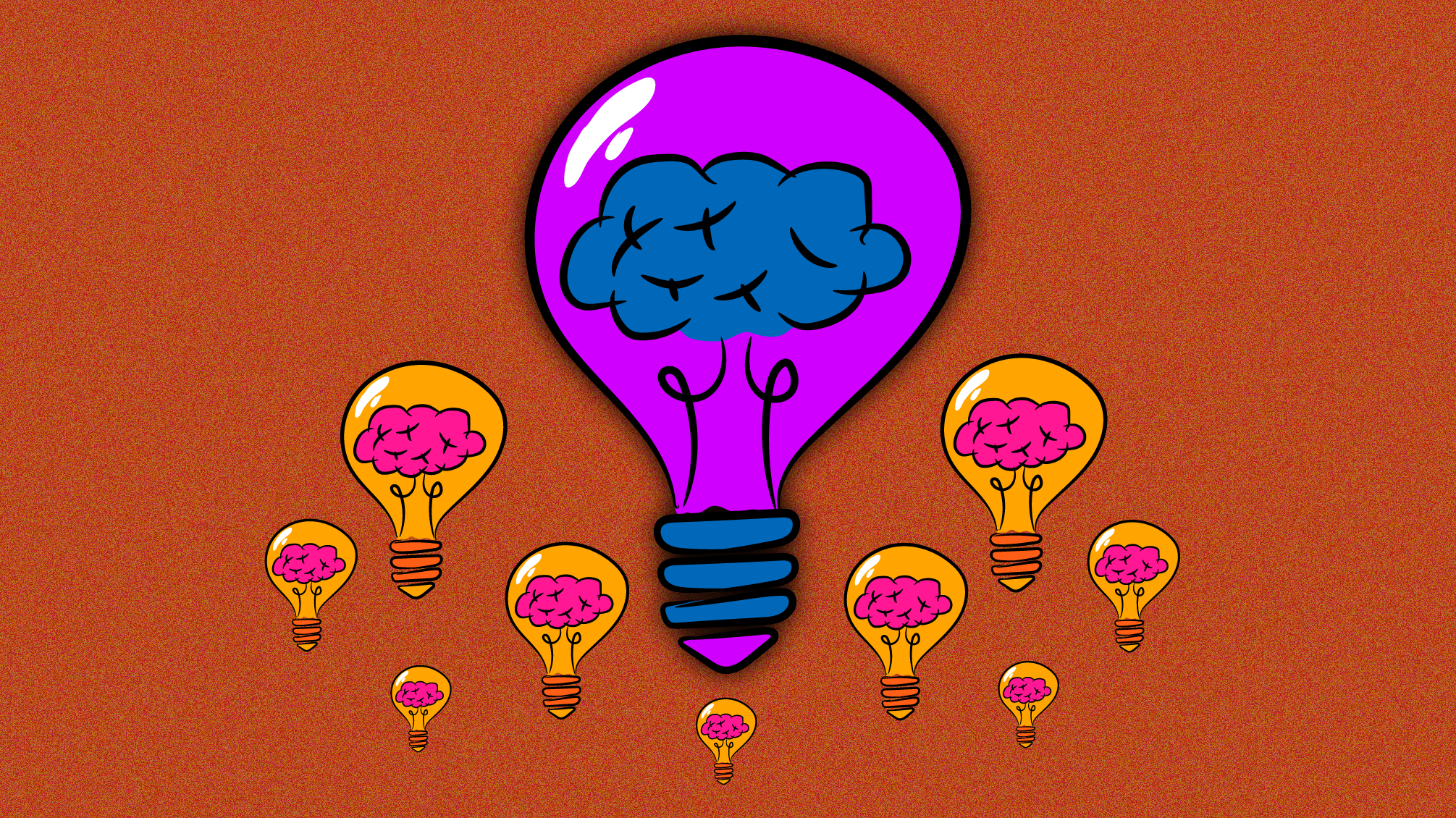
Let’s Celebrate Neurodiversity: Why Thinking Differently Isn’t Thinking Incorrectly
The days of judging intelligence and competency by a single set of values are on their way out.
Neurodiversity in the workplace, at home, and at play has all been receiving increased attention in recent years. Neurodiversity awareness month and Neurodiversity Celebration Week have brought the topic to the forefront of the cultural zeitgeist, stimulating discussion not just about specific conditions but of the nature of identity itself.
Neurodiversity is the idea that people sometimes display vastly different thinking, learning, and behavioral patterns and that these differences don’t indicate a problem. Rather, conditions like ADHD, Autism, Asperger’s, Dyslexia, Synthesia, and even OCD and anxiety, simply indicate a different neurological makeup from others.
Neurodiversity differs from traditional understandings of neuroscience, psychiatry, and psychology because it embraces different neurological profiles rather than shaming them or deeming them disordered. So, it’s revolutionary. The more we recognize and celebrate our differences, the more liberated we all can be (neurodivergent or not) from judging ourselves or others in limiting ways.
Still, neurodivergent folks may have challenges due to living in a world that’s not designed with them in mind. Plus, as with everyone else, strengths can also have a flip side of challenges. Those with sound sensitivities, different communication styles, or more abstract thinking may need to make adjustments in their lifestyle in order to thrive at work, at home, or at play.
Are you ready to learn more about why thinking differently is a blessing? Let’s get into it!
Facts About Neurodiversity
Neurodivergence is common. An estimated 15 to 20 percent of people worldwide are neurodivergent, and the number is likely to grow since many people with conditions like Autism and ADHD often go undiagnosed or are diagnosed incorrectly.
Neurodivergent folks can be highly competent and intelligent and may end up in the arts or in STEM jobs. Depending on their condition, they’ll display different strengths, challenges, and differences in thinking, learning, and connecting. Let’s take a look at a few types of neurodiversity:
ADHD
Common Strengths
- Creative thinking
- Ability to hyperfocus
- Engaging communication style
- Dynamic and spontaneous
Common Challenges
- Difficulties with impulse control
- May act or speak without thinking
- Easily distracted
Autism Spectrum
Common Strengths
- Thinking and learning visually
- Memorizing and learning information quickly
- Intuitive and sensitive to the unspoken
- May display great skill in subjects like mathematics or science
Common Challenges
- Challenges with organization
- May struggle in social situations
- May not excel in verbal communication
- May not be able to keep up with social masks or norms
Dyslexia
Common Strengths
- Good problem-solving
- High levels of empathy
- Creative
- Big picture thinkers
Common Challenges
- May not remember words
- Difficulty with pronunciation
- May have delayed speech
Some folks consider anxiety, OCD, and depression to also be examples of neurodivergence, while others maintain a more restrictive view. No matter your opinion, know that you deserve to celebrate you, even if you don’t fit a standard mold for how a person should think, feel, or act.

The Greatness Mindset
Learn the secrets of some of the greatest minds in the world. Unlock the power of your mind and live your best life today.
Learn MoreThriving as a Neurodivergent Person
Get Support
If you grew up neurodivergent, chances are you often felt alone. You are different, and maybe you were treated differently as if there was something wrong with you. On the other hand, maybe you always felt empowered about your unique make-up, but finding other people who thought, felt, or learned the way you do was a challenge.
Nowadays, public awareness of our differences is growing, but that doesn’t take away the effect isolation or exclusion may have had on you. It’s important that you build yourself a strong support system, ideally with some other neurodivergent people to whom you can relate regularly.
Whether you do so online or in person, joining with other people like you can be empowering, enlightening, rewarding, and fun! Let’s check out some great resources for community-building.
Facebook Groups
Neurodivergent Learning and Life Skills
Websites
You can also seek out community through Meetup, on Eventbrite, and via Twitter by searching for #neurodivergent hashtags.
Having social support is important for everyone, regardless of whether they’re neurotypical or neurodivergent. By connecting with others like you, you can inform yourself about your unique make-up, learn from others, and create lasting, emotionally fulfilling bonds.
Develop Self-Expression
Many neurodivergent folks know well that expression doesn’t fit into a neatly categorized box.
Sometimes words don’t do justice to an emotion, thought, or idea. Sometimes it’s color, sound, or texture that works best. Artistic self-expression can be a powerful tool for making abstract things, like feelings or ideas, concrete.
Art can also be a vehicle to express things that don’t always come out as intended. Those with ADHD may find themselves interrupting or veering off-topic when speaking, which can be frustrating or disheartening. For those with autism or dyslexia, words can feel very limiting. Some people with autism are even nonverbal.
Join In 200 Million+ On The Journey to Greatness
But contrary to popular belief, being nonverbal or less nimble with words does not mean a total lack of communication skills. Likewise, the “emotional flatness” that’s sometimes observed in those on the Autism Spectrum doesn’t necessarily indicate a lack of emotional awareness. In fact, some argue that neurodivergent people read energy and subtle body language more than anything else, so words aren’t always necessary or sufficient.
On the other hand, maybe words aren’t an issue, but emotional processing is. The experience of being neurodivergent can be emotionally challenging. Some neurodivergent folks feel things much more intensely than others. Art is wonderful for managing such intensity. Just ask Vincent Van Gogh, who may have had autism.
In all these cases, creativity can be helpful. Whether you write poetry, make music, craft, or draw, art is an ally if you’re neurodivergent!
Educate and Empower Yourself
There is always something more to discover about neurodivergence. Since knowledge is power, be sure to keep yourself informed by listening to neurodivergent thought leaders and influencers.
Podcasts are always a great resource, and you will find plenty to choose from. Whether you want to learn about navigating relationships as a neurodivergent person or the unique gifts and challenges of neurodivergent women, there is something there for you if you look.
Podcasts
As you dive deeper into neurodivergence topics, you may find yourself wanting to spread awareness or help change how the world treats neurodivergent people. Being an advocate isn’t for everyone, but it can be empowering and healing for those it is.
There are a few ways to get involved. You might want to advocate for your needs to the government, like this author — who helped obtain funding for the Special Olympics Healthy Athletes program — did.
Or maybe you want to be a grassroots advocate for The Autism Society of America, which helps shape government policies like CDC disability guidelines. You can also be an advocate on a smaller scale, such as at local community events. Or, you can start a blog or website dedicated to sharing information about neurodiversity.
Take Advantage of Technology
There are countless apps designed to help neurodivergent folks navigate various challenges associated with their conditions.
Apps for Autism include those that track goals and outcomes, help with communication, improve social skills, or have sensory techniques to soothe emotions and anxiety. Apps for Dyslexia include those that help with literacy, speech, and communication.
Apps for ADHD include project management, reminders and timers, mind mapping, to-do lists, and habit-tracking tools. Though many of these types of tools aren’t designed specifically for those with ADHD, they still work well.
Here are a few of our favorites:
Proloquo2Go is the gold-standard app for augmentative communication. Users simply tap images on the screen, and the app will speak for them.
The Miracle Modus is for overstimulation. It uses sounds and images to move from a highly activated state to a calm, hypnotic state.
Mind Meister is for brainstorming and processing thoughts. Users create mind maps to sort out ideas, which is ideal for visual learners or those who struggle with attention or racing thoughts.
OpenDyslexic is an open-sourced typeface designed for people with dyslexia, which can improve readability.
Natural Reader transcribes text to voice for those who struggle with reading.
Social Story teaches social skills via storytelling, either premade or custom. It’s a favorite among teachers and therapists for neurodivergent people.
Autistic Dating App is exactly as it sounds, a dating app for people on the Autism spectrum.
There are also plenty of other mainstream apps that could be helpful for neurodivergent folks:
Headspace for mental and emotional well-being.
Calm for healing through verbal and visual meditations.
Remember the Milk for managing overwhelm.
Trello for task and project management.
It’s Time to Start Celebrating Neurodiversity
Neurodiversity is a revolutionary way of approaching human behavior, psychology, and even identity. Just because someone doesn’t think, emote, or communicate like everyone else doesn’t mean that person is impaired. Neurodivergent folks have gifts and talents, both apparent and hidden, just waiting to be discovered. No matter whether we’re neurotypical or neurodivergent, we can all benefit from approaching differences more compassionately.
There’s always more to learn about human psychology, so it’s important to keep an open mind about what’s considered valuable. Celebrating what makes you unique is one of the best paths to greatness!
Greatness Authors
Greatness Authors is a collection of writers, thinkers, curiosity experts, and students of the world who are committed to bringing you the most up-to-date, impactful, and inspiring information surrounding Greatness topics.
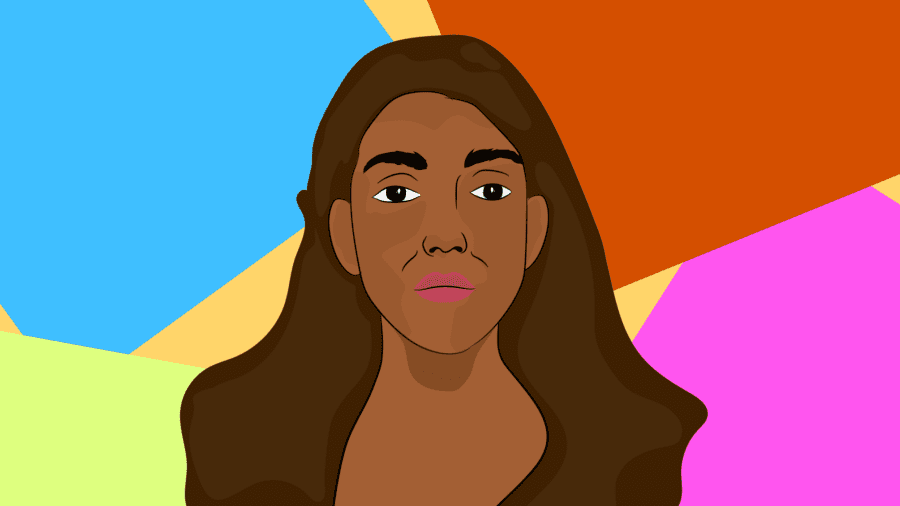
Redefining Poetry: How Instagram Sensation Rupi Kaur Showed That Poetry Is for Everyone
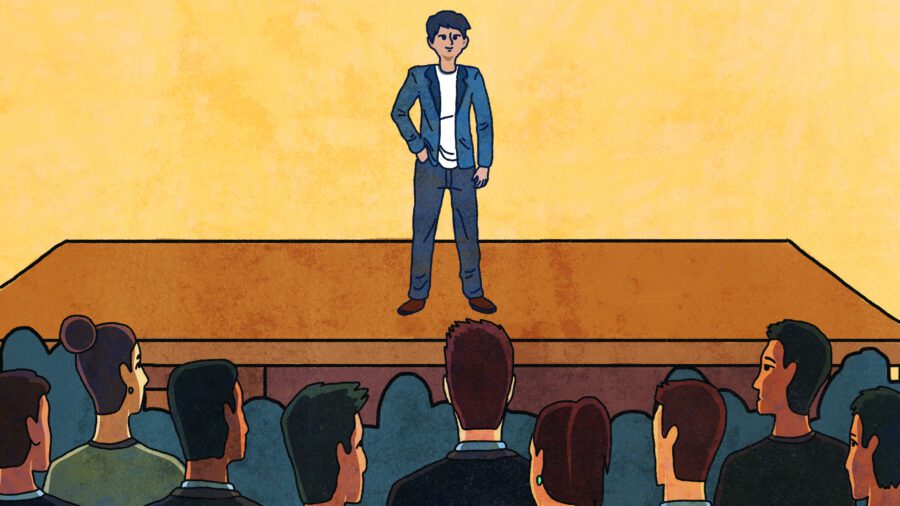
The Young Professional’s Guide to Advocating for Yourself at Work & Setting Healthy Boundaries
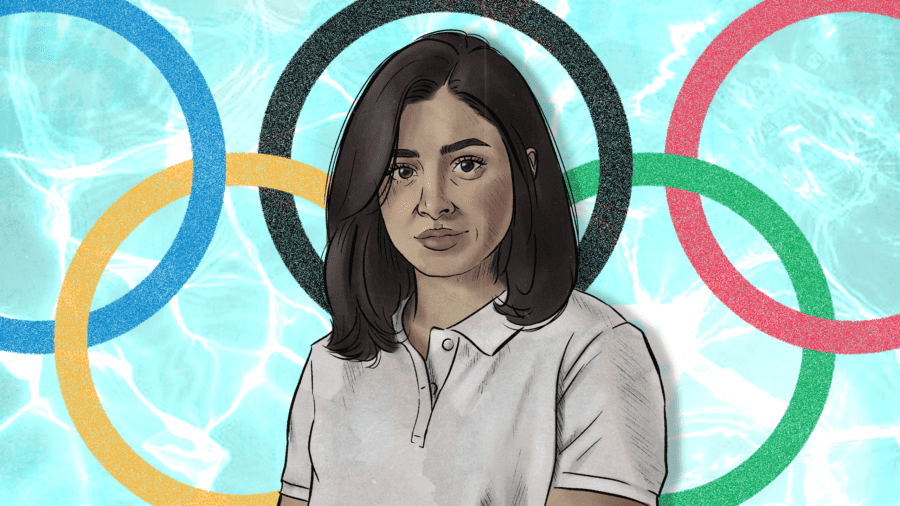
Olympian Yusra Mardini’s Incredible Story of Resilience, Rescue, and Refugee Rights
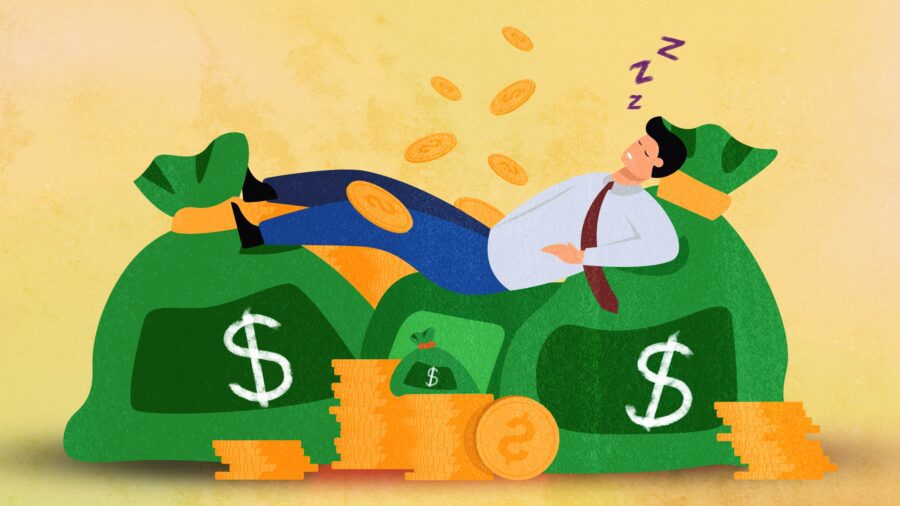
A Beginner’s Guide to Effortlessly Attracting Money and Growth Opportunities
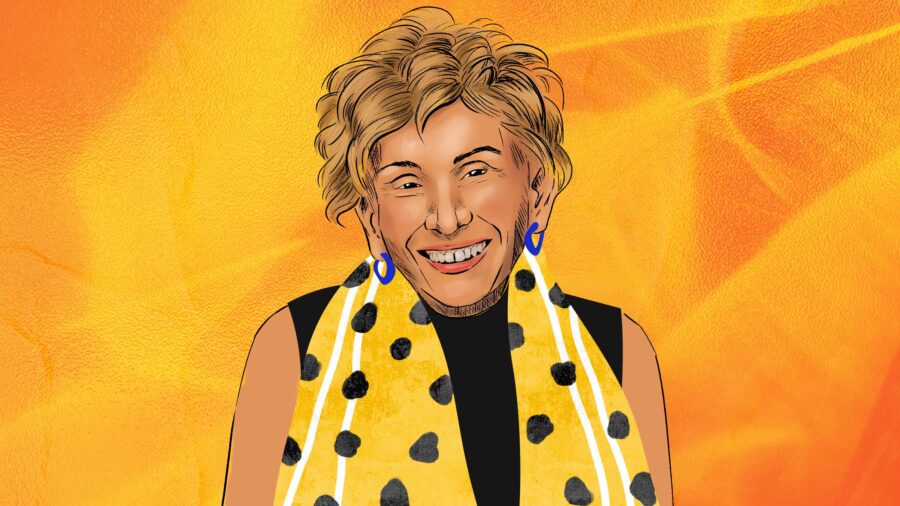
Psychologist Edith Eger’s Inspirational Journey to Find Forgiveness and What It Means for You
